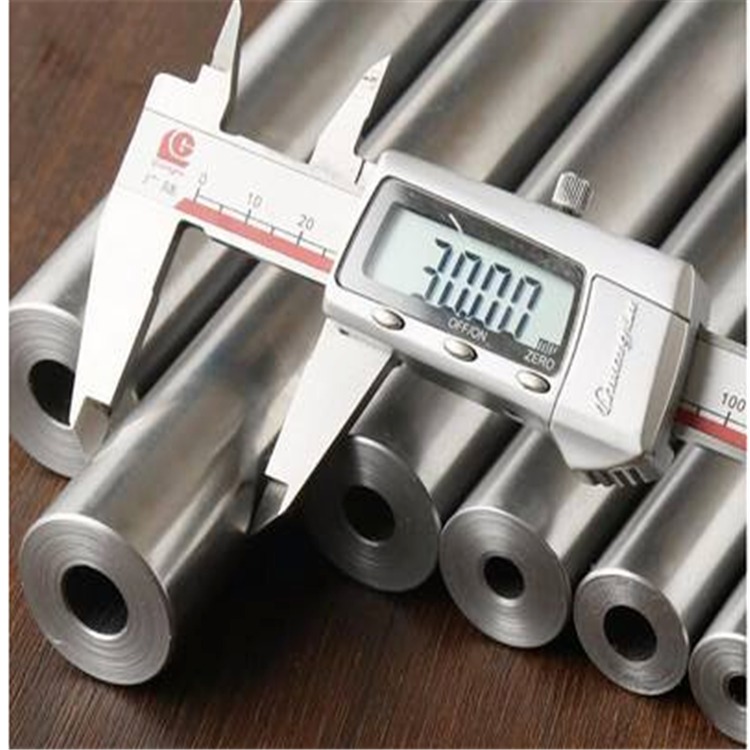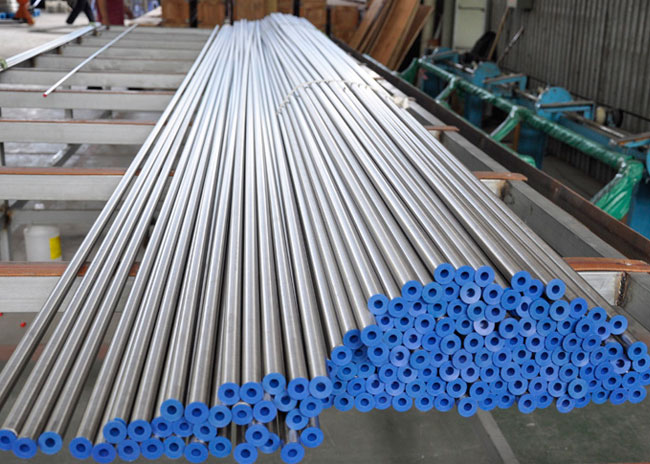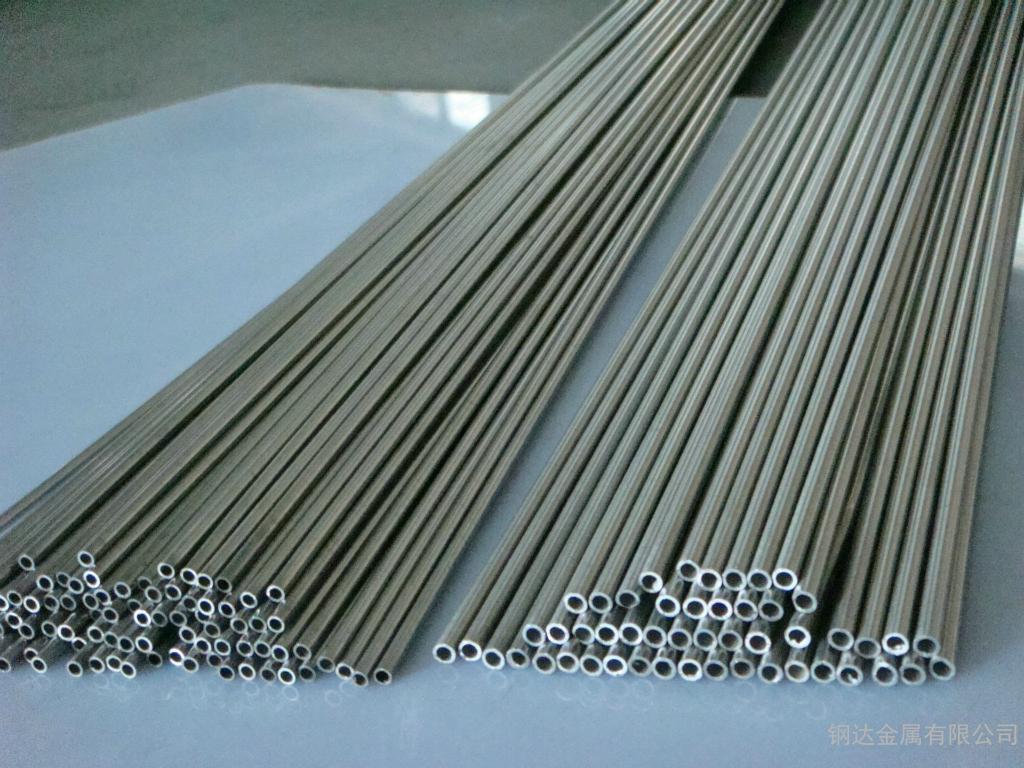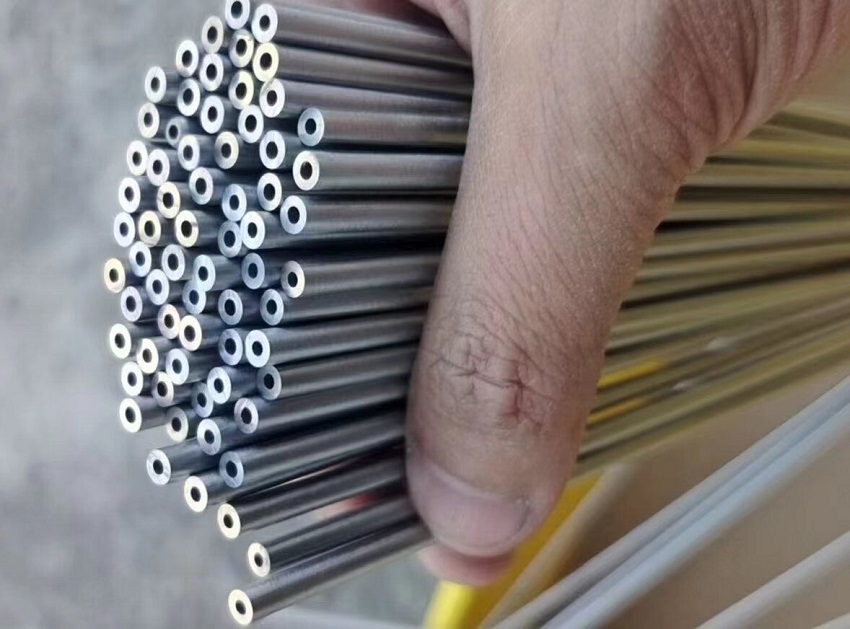NEWS CENTER
Introduction of Fuel injection tube
Introduction of Fuel Injection Tube
Fuel injection tube is a crucial component in the fuel injection system of internal combustion engines, responsible for injecting fuel into the combustion chamber in a finely atomized spray. This facilitates more efficient combustion and improves fuel economy. Below is a detailed overview of the fuel injection tube along with the commonly adopted standards and materials for steel pipes.
Key Features and Functions of the Fuel Injection Tube:
1. Injection Precision: The design of the fuel injection tube aims to achieve highly precise fuel injection, ensuring uniform mixing of fuel with air to enhance combustion efficiency.
2. Atomization Effect: The tube is designed to atomize fuel into tiny particles, increasing its surface area and promoting better combustion, thereby reducing exhaust emissions.
3. Pressure Resistance: Due to the high-pressure injection involved in fuel injection systems, the tube must exhibit sufficient pressure resistance to prevent leaks or damage.
4. Corrosion Resistance: Since fuel may contain corrosive substances, the fuel injection tube typically employs corrosion-resistant materials to ensure long-term reliability.
Materials for the Fuel Injection Tube:
Common materials for fuel injection tubes include:
1. Stainless Steel:
- Grade 304 Stainless Steel: Known for its excellent corrosion resistance in various environments and its suitability for welding and forming processes.
- Grade 316 Stainless Steel: Offers superior corrosion resistance, particularly in chloride environments, making it ideal for marine and chemical processing applications.
- Grade 321 Stainless Steel: Contains titanium, which stabilizes the material against chromium carbide precipitation during welding, making it suitable for high-temperature applications.
2. Alloy Steel:
- AISI 4140: A versatile chromium-molybdenum alloy steel known for its high tensile strength, toughness, and fatigue resistance, often used in demanding applications such as automotive components and industrial machinery.
- AISI 4340: Provides excellent strength and toughness, along with good fatigue resistance, making it suitable for critical components in aerospace, automotive, and oil & gas industries.
3. Chromium-Plated Steel:
- Low Carbon Steel with Chromium Plating: Typically, low carbon steel grades such as AISI 1018 or 1020 are used as the base material for fuel injection tubes. The chromium plating enhances corrosion resistance and provides a smooth surface finish to facilitate fluid flow.
Fuel Injection Tube Standards:
Standards are usually established by relevant automotive engineering organizations or international standardization bodies, such as:
- SAE Standards (Society of Automotive Engineers): SAE J2044 may apply to connectors, while SAE J2045 may be relevant to injection tubes.
- ISO Standards (International Organization for Standardization): ISO 8535-1 and ISO 8535-2 are applicable to steel pipes in diesel fuel systems.

Fuel injection steel tube
请输入搜索关键字
确定






